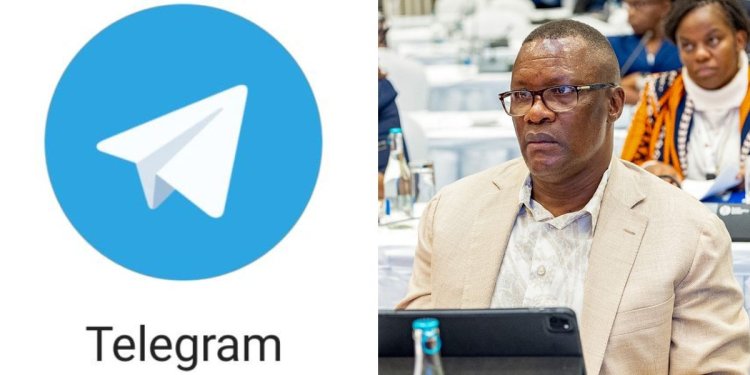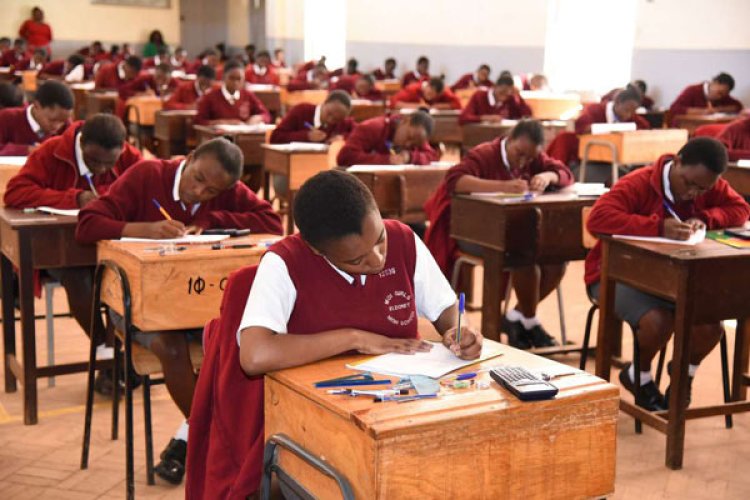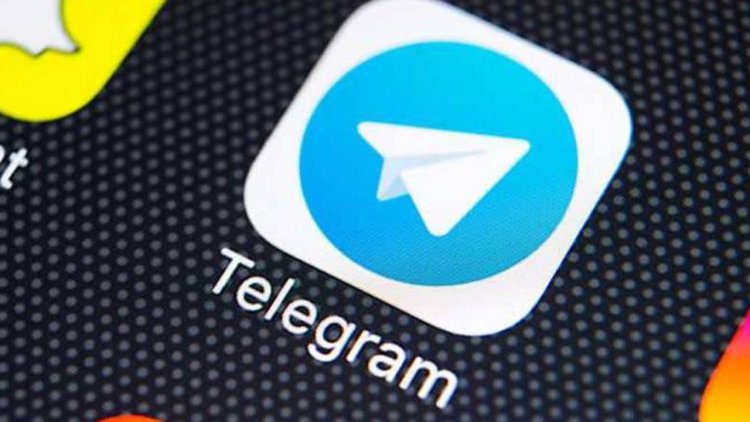CS Owalo Demanded To Explain Reported Telegram Blocking In Kenya
The organisations claimed that the blocking had seemingly coincided with the ongoing Kenya Certificate Secondary Education (KCSE) examinations, expected to conclude on Friday, November 24.

Information, Communication, and Digital Economy Cabinet Secretary Eliud Owalo has been compelled to explain why several Kenyan users for the past week or so reported multiple outages within the popular messaging app, Telegram.
In a letter sent to Viral Tea dated Monday, November 20, 39 organisations and members of the #KeepItOn coalition, a global network of over 300 organisations from 105 countries working to end internet shutdowns, wrote to the CS and top executives of three telcos to seek clarification on the ongoing disruption of Telegram in the country.
The organisations claimed that the blocking had seemingly coincided with the ongoing Kenya Certificate Secondary Education (KCSE) examinations, expected to conclude on Friday, November 24.
The bodies evidenced data captured by the Open Observatory of Network Interference (OONI) platform showing an ongoing disruption affecting Telegram starting from at least November 8, 2023, where it is persistently blocked until at least November 15.

A photo of students undertaking KCPE exams. /KENYA NEWS AGENCY
"The local telco appears to be blocking Telegram during the examination hours from at least November 10 until November 17. At the time of publication of this open letter, today, 20 November, Telegram is again blocked on another telco. We will continue to monitor the situation and update your offices accordingly," read the letter in part.
The bodies further referenced several reports on X (formerly Twitter) indicating that the platform could only be accessed through the use of Virtual Private Networks (VPNs), which enable people to bypass the blocking.
They hailed the importance of Telegram as part of social media platforms that have become an integral part of Kenyan society, playing a significant role in communication, information dissemination, business, and social change.
"Its impact is felt across various aspects of life, from connecting with friends and family to influencing political discourse and driving economic opportunities. Therefore, the limitation of these rights must be in line with international human rights standards on freedom of expression," added the letter.
"Measures to intentionally prevent or disrupt access to or the dissemination of information online are in violation of international human rights law."
The bodies lamented that blocking access to essential platforms that facilitate the exercise of rights and freedoms including freedom of expression and access to information is a violation of Article 35 of the Constitution of Kenya as well as international human rights standards frameworks that provide for the rights.
As a result, they made four demands to CS Owalo and the telcos as well as the Communications Authority of Kenya (CA) and urged them to address them within seven days.
"We therefore demand clarification as to why Telegram is inaccessible in Kenya. In accordance with Article 35 of the Constitution of Kenya and the Access to Information Act 2016, we wish to request the following within 7 days:
"Information on why Telegram has been blocked in Kenya. Information on when the blockade will be lifted. Information on which law/policy/regulation was relied upon to block Telegram in Kenya and Information on which Government agency, if any, directed that Telegram be blocked in Kenya," the organisations demanded.
The bodies included Amnesty International Kenya, Bloggers Association of Kenya (BAKE), Katiba Institute, Kenya ICT Action Network (KICTANet), Kenya Union of Journalists (KUJ) and Single Mothers Association of Kenya (SMAK) as well as others drawn from Uganda, Nigeria, Zambia and other African countries.
Telegram is an encrypted, cloud-based, cross-platform instant messaging service launched in 2013 which allows users to exchange messages, share media, files of any type, live location and hold private and group voice or video calls, as well as public livestreams.
Viral Tea has been having trouble sending and receiving messages as well as media both through its official Telegram channel and via other channels, though Downdetector.com, a website known for detecting service outages, showed few reports, meaning the issue was likely affecting Kenya only.
Kenyan users nonetheless complained about experiencing delays on the platform. For instance, trying to log in on the app via a browser could be met by the message “web.telegram.org took too long to respond”.
Another issue Telegram users encountered is the delay in updating channels, with users getting notifications from the app on PC and Mobile as usual. However, when one opens the app, they may discover that the Channel that has just sent a notification is not updated, a delay that has no consistent timing and currently varies from a few minutes to a few hours.

A phone with a Telegram app. /GUARDIAN
As we also noticed, the same delay applies in sending messages, whereby users' messages on the chat platform can remain unsent for much longer than usual. The search bar on the platform may display the message “reconnecting” prompting a user to think they have network issues.
On its official channels, the platform has not acknowledged it is facing issues, a matter which has left netizens guessing with some rechecking with their Internet Service Providers (ISPs) to find out if the platform has been blocked within the country.
Owalo has yet to respond to the Telegram outage claims by the time of publishing this story.






